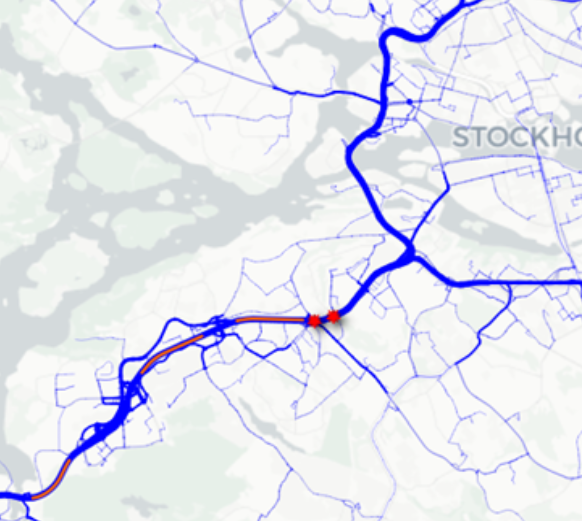Transatlantic Cooperation for Leveling Up MaaS

Mobility as a Service (MaaS) has been characterized as an innovation aimed at addressing issues related to sustainable mobility by providing an alternative to private car ownership.
In 2016, a service innovation in the form of a MaaS topology was developed according to levels of integration, which became widely adopted by researchers and practitioners in the transportation community. However, there is a need to update the topology given the many developments in combined/integrated mobility services and ICT since then, but also given the call for a more comprehensive and accessible depiction of what MaaS is and could be, including the perspectives of e.g. governance, users, and data.
This project aims to gather researchers from the United States (UC Davis) and Sweden (LU, CTH, RISE) to both improve the topology and investigate its adaptability to the US market. To complement the work and bring in local stakeholders, the project includes two week-long site visits to Northern California and West & South Sweden. These visits will involve all project partners as well as key stakeholders from the respective mobility markets (such as Public Transport Authorities, local government authorities, mobility service providers, and representatives from pilots and test beds). The project will generate and disseminate an updated MaaS topology incorporating the latest developments in the field, which could very well become the new standard for the transport community. It will also report on the potential for MaaS in California (and beyond). Given this, the project will contribute to service innovation and knowledge development and exchange, as well as the promotion of partnership and collaboration between the countries and between research and practice.
Project manager: Jana Sochor, Lund University
Parties: Lund University, University of California, Davis, Chalmers University of Technology, RISE Research Institutes of Sweden AB
Period: 2024 to 2025
Explore your opportunities


What we offer actors in Sweden
Collaboration with the United States can deliver innovations that would not be possible to obtain otherwise. Collaboration with the United States can deliver innovations that would not be possible to...
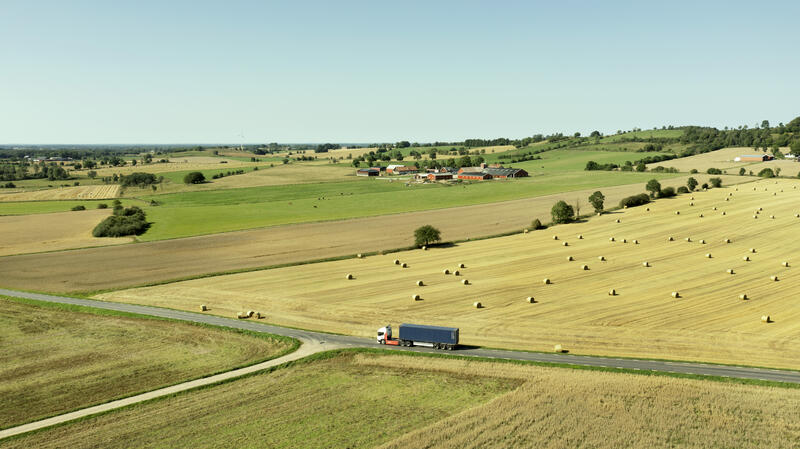
What we offer actors in the United States
Sweden is very active in the development and use of greener vehicles and fuels. It has a strong public transport system, high sustainability ambitions and is considered among the most innovative...
Our innovation projects
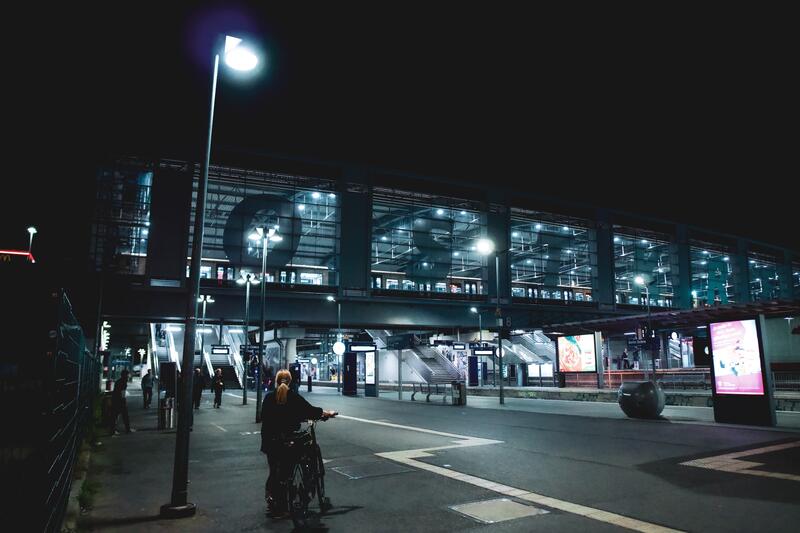
A Design Framework for Women-Centered Mobility Hub
The project will develop a Design Framework for Women-Centered Mobility Hubs.
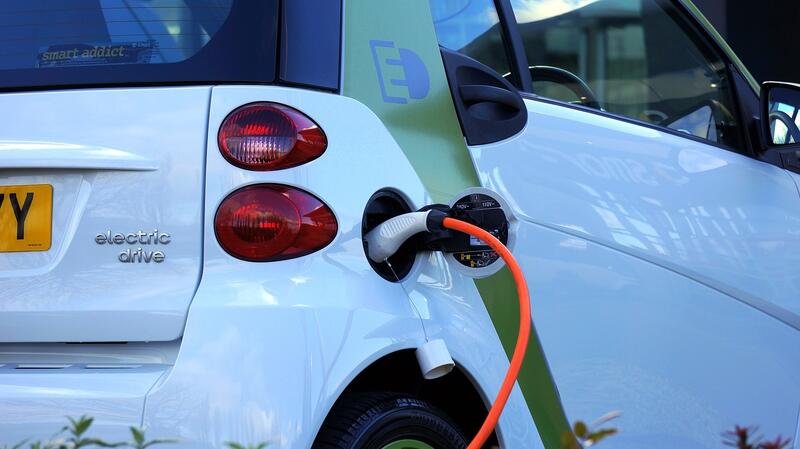
Advancing mobility through sustainable, robust, and innovative battery technology
The project aims to revolutionize sustainable mobility by collaborating to develop advanced battery technologies with enhanced energy density, faster charging capabilities, and improved life cycles.

AI Aware
In the AI Aware project series, a collaborative cloud approach has been researched to enable increased awareness of vehicles. The recent AI Aware project used the radical developments that have...
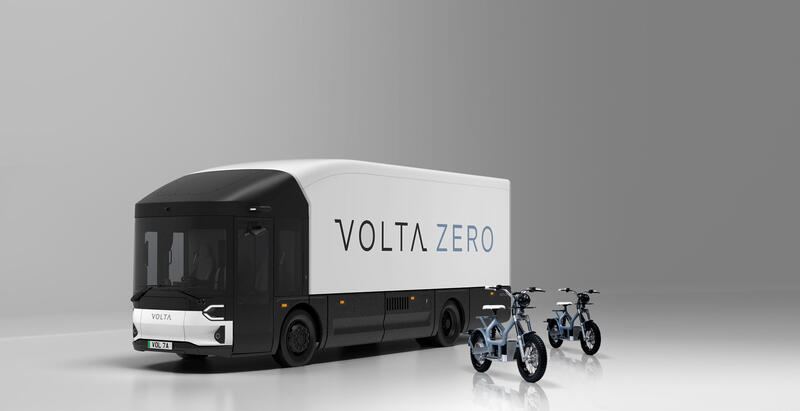
Carbon free zone for transportation of goods in San José
Through a Swedish consortium of companies all within emission-free transportation, the project intends to show how the city of San José can practically realize becoming a climate-neutral city by the...

CyberMAP
This project seeks to develop The Street Value Tool as a web app and adapt it for North American Cities. The main objective of the tool is to help planners and decision-makers change streets...
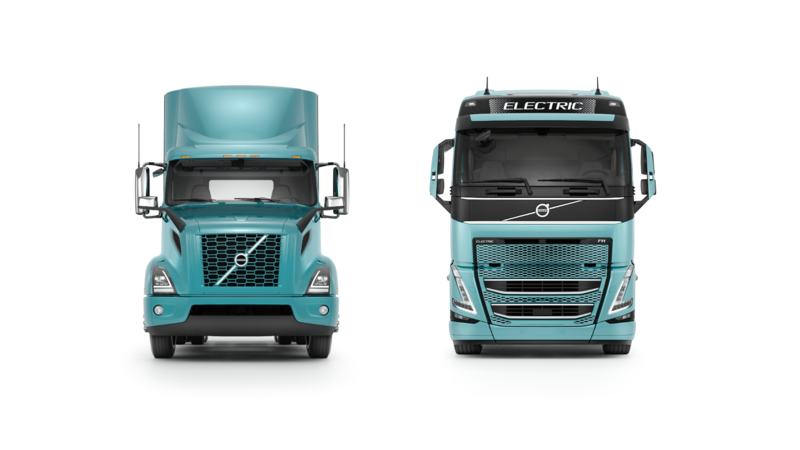
Exchange for more BETs
The project goal is to have Sweden and the United States share knowledge and learn from each other’s experience with the early development of the zero-emission truck market.
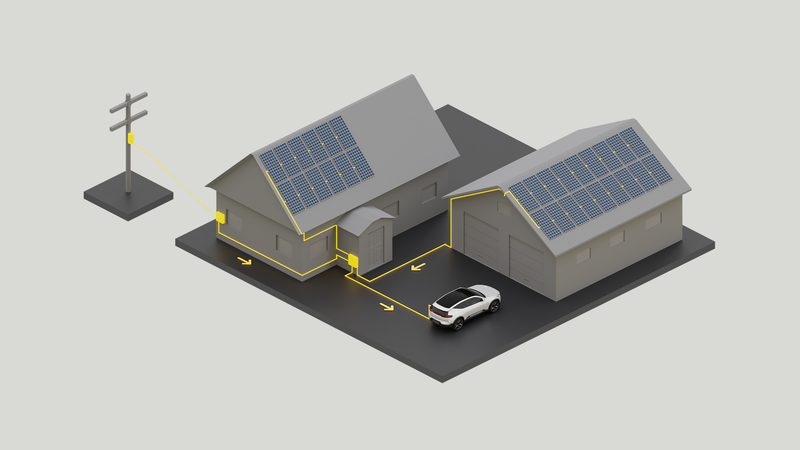
Implementation Roadmap for Swedish Automotive Vehicle-to-Grid Services in California
Electric Vehicles (EV) are undoubtedly a key piece of the solution to eliminating transport-related greenhouse gas emissions. However, as the number of EVs increases, so will the electricity demand...

JustFuture
This project aims to explore the role of on-demand transit in different contexts and assess its future possibilities for public mobility with a special focus on issues of transport equity and equality...

Shared Standards for Shared Mobility
Given the digitalization of shared mobility, the need for participating actors to collaborate around central digital technologies increases. One aim of the project is to facilitate knowledge exchange...

Sustainable and low-cost methodologies for manufacturing high-performance composite materials
The project will investigate and optimize high performance composite manufacturing through liquid composite moulding (LCM) with regards to environmental impact, cost, and cycle time.
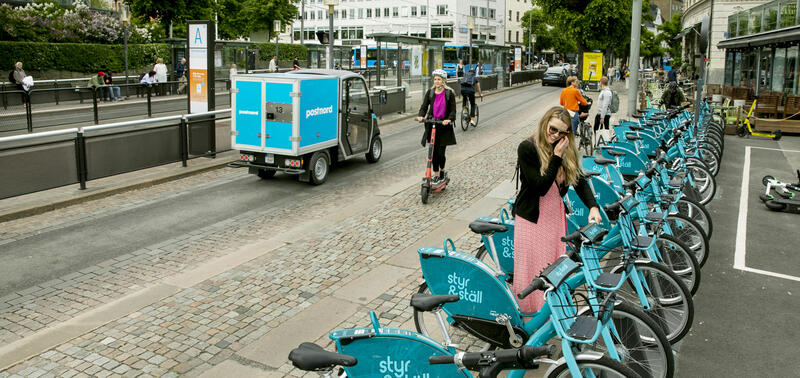
Sweden California CoLab
An innovative agenda for future collective mobility has been brewing in the Nordics, in a consortium called “Rådslaget”. The work evolved from the challenging situation during the pandemic and points...

The Street Value Tool
This project seeks to develop The Street Value Tool as a web app and adapt it for North American Cities. The main objective of the tool is to help planners and decision-makers change streets...

Transatlantic Cooperation for Leveling Up MaaS
Mobility as a Service (MaaS) has been characterized as an innovation aimed at addressing issues related to sustainable mobility by providing an alternative to private car ownership.
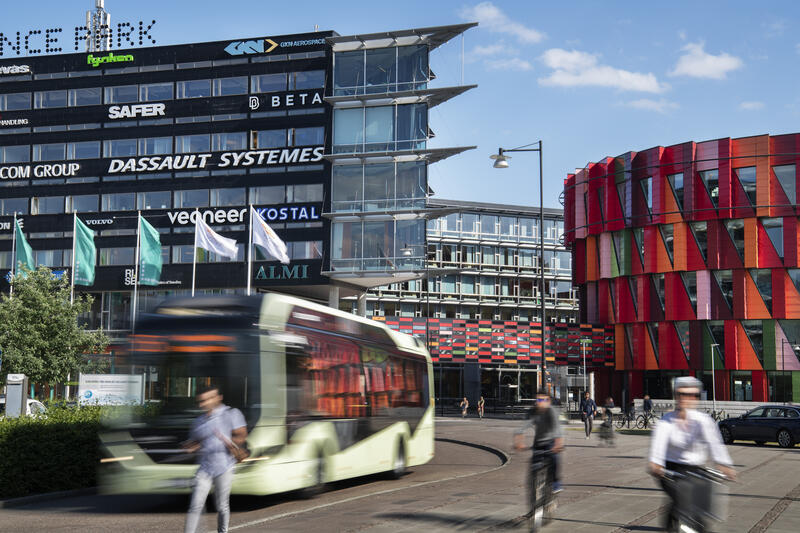
Transit Oriented Development (TOD), mobility hubs and Shared Autonomous Vehicles (SAVs)
The project aims to decarbonize transport and decrease oil dependence by offering innovative future mobility solutions that work with public transport and enrich the service with first/last mile...
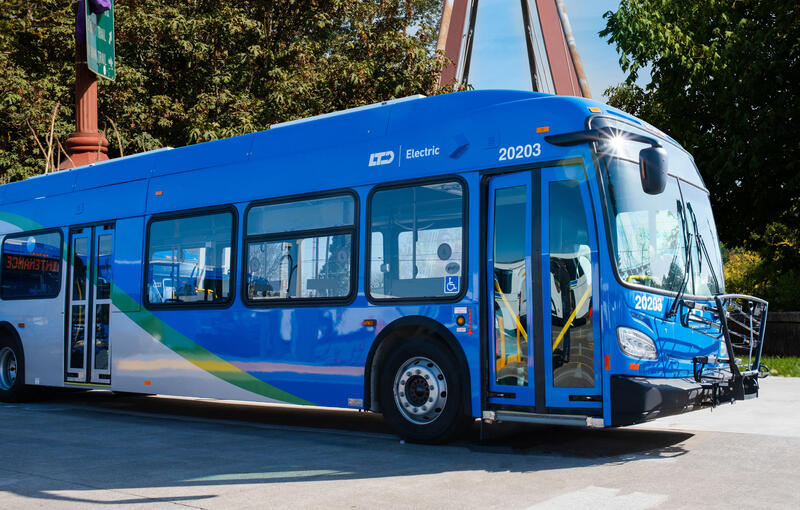
Triggering Regional Accessibility and Networks for Sustainable Intelligent Transportation
This project addresses the challenge of offering and interweaving eco-friendly transportation choices in suburban areas with those in city centers.
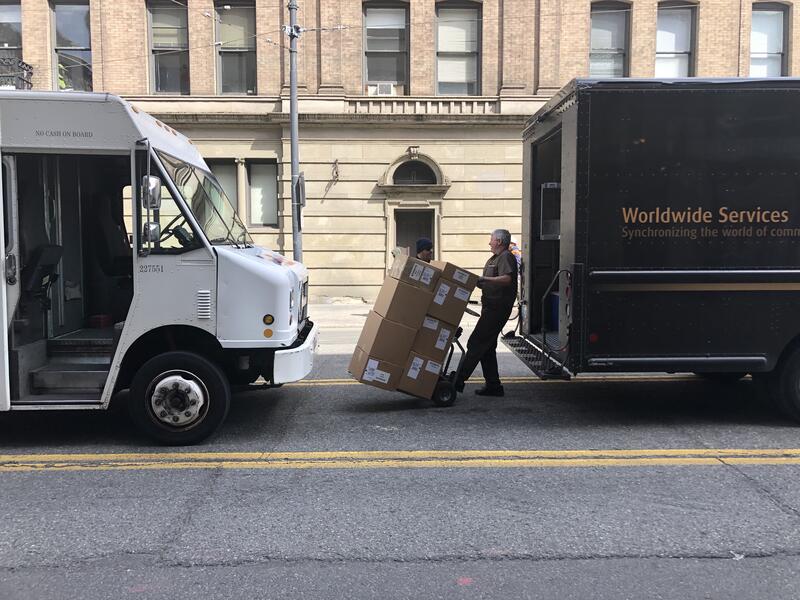
WAlking and PArking Dynamics of Drivers (WAPADD): Analysis and Model Development for Sustainable Urban Delivery
The project addresses the critical but often overlooked aspects of delivery drivers' walking and parking behaviors in urban logistics.
